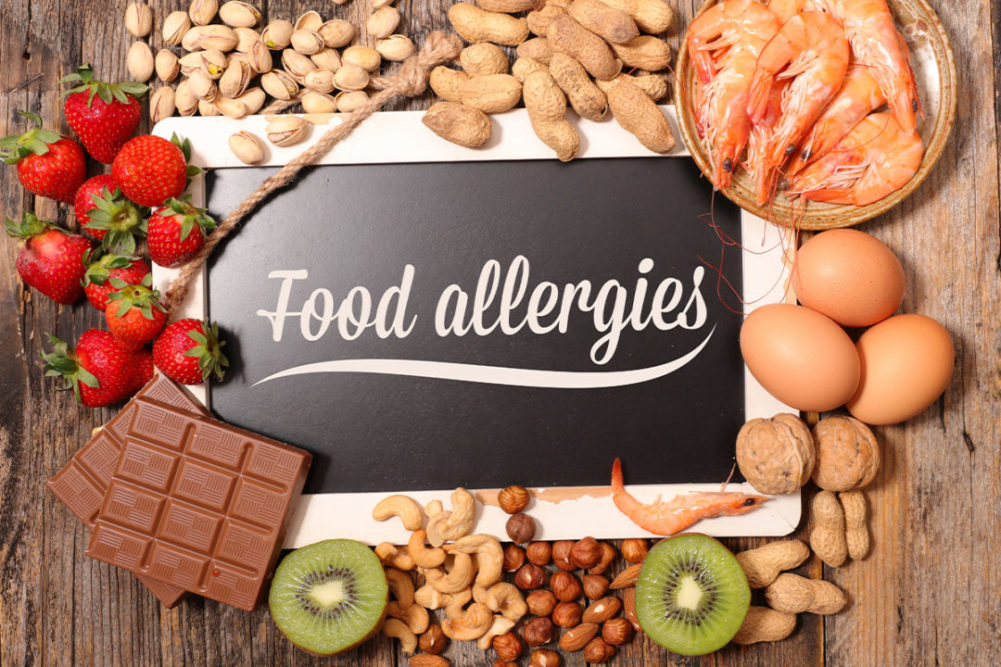KANSAS CITY, MO. — One of the most common causes of product recalls in the industry is mislabeling, especially when allergens are involved, said Des Flahive, senior vice president of food safety and quality assurance, regulatory and compliance, at Aspire Bakeries, Los Angeles. He emphasized the importance of staying vigilant in this area.
“Most businesses have finished product checks in place on labels in packaging, but during checks of complex labels it’s very easy for operators to become blind to the important content on a label,” he said. “It’s so critical that we’re getting the right label on the right product, and there’s nothing missing from or misprinted on those labels.”
Bill Steadman, manager, AIB International, said one common misconception he hears is that baking a product will destroy the protein from allergenic ingredients, but it won’t.
The McKee Foods facility in Arkansas handles several common allergens, so a robust cleaning and sanitation program is a must. The plant, which has 13 production lines, has designated lines for products with allergens.
“We handle multiple allergens in our facilities. That’s a challenge. We have six of the big nine,” Hughes said. “We’ve been fortunate that we can dedicate production lines to only handle specific allergens so that we can prevent cross-contact/cross-contamination.”
The more ingredients a product has, the more chance of error they can pose, Flahive said.
“With a bread product you might have potentially five or six ingredients in total,” he said. “Some of the more complex products, such as cookies and muffins, contain more ingredients. There are also ingredients that introduce more risk from a physical contamination perspective, such as agricultural-type ingredients like berries, fruit or nuts.”
He explained that fruit and berries that have stems and nuts can have shell fragments mixed in, which consumers don’t expect to find in baked goods. Suppliers perform screening steps to detect and remove these foreign materials. Part of the problem is that not every supplier has the same methods of screening.
“As the supply chain is challenged, more and more of the outliers are being introduced into the mainstream,” Flahive said. “One supplier may be incredibly diligent in eliminating foreign materials, while other suppliers might not be as technologically advanced or have the automated screening that you expect for most of these ingredients.”
These fresh ingredients bring other issues as well. Their quality can vary depending on where they come from and the weather conditions at the time they are harvested. For instance, high humidity can lead to growth of microorganisms and molds, which impact product safety.
It’s these concerns that have led the Aspire Bakeries team to spend much more time evaluating and approving every new supplier.


